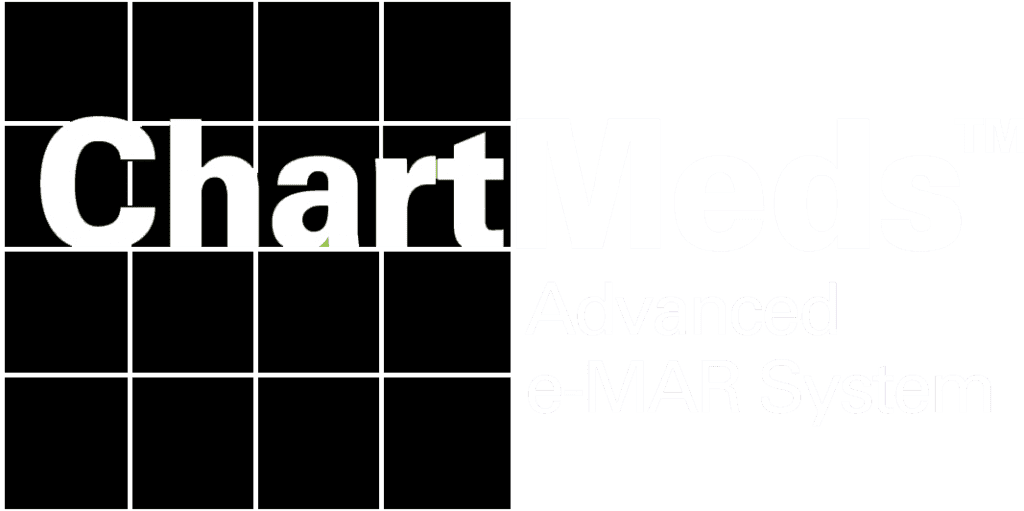Change is the Only Constant
The insurance industry is constantly evolving, with many available plans, each with different coverage levels and unique requirements. The same is apparent with Medicaid and Medicare, as seen in Medicaid Managed Care and Medicare supplemental insurance. With multiple options and coverage scenarios available, it is difficult for patients to understand and communicate their insurance status.
In turn, it is a challenge for providers to verify active coverage. This has a significant impact on the downstream claims management process.
Inaccurate patient information, submission of claims to the wrong payer and inactive coverage at the time of service are all common causes of denied or rejected claims. By verifying patient and payer information prior to rendering care, claims errors can be prevented and the rate of reimbursement can be significantly improved. Eligibility verification prior to patient treatment can save hours of frustration for billing staff, who are responsible for deciphering rejection messages, correcting and resubmitting claims.
The Enemy is in Not Knowing
A major challenge faced by public health clinics is the large percentage of patients that do not have their insurance information available. When cards are forgotten, staff often classify patients as uninsured or risk submitting a claim based on a patient’s best guess. Capturing all available opportunities by verifying a patient’s eligibility as they check-in or register, i.e. prior to rendering services, is the optimum way to ensure reimbursement.
Unfortunately, given all the other responsibilities of front office staff, eligibility is typically either not checked at all or checked on the back-end during the claims submittal process. Compounding the issue is the advent and complexity of Medicaid Managed Care and supplemental Medicare plans. With so many options, it has become that much more difficult and time-consuming to accurately verify a patient’s insurance coverage. Medicaid eligibility is also unpredictable, as a patient could move from traditional fee-for-service to inactive coverage and then to Managed Care in the span of a few months.
In fact, all too often patients unknowingly state they have Medicaid, when it is really a Medicaid HMO or Managed Care Organization plan. For example, a Children’s Health Insurance Program may be administered by many health plans depending on region, increasing the level of complexity involved in determining where a claim must be submitted. The State Medicaid Program will not pay a claim that should have been submitted to a private payer, despite it being an MCO plan. Having to pay minute attention to detail just to determine the correct payer leads to stacks of rejected claims that require arduous and aggravating correction.
Case in Point: Vaccines for Children Program
Clinics supporting the Vaccines for Children (VFC) program may find themselves especially impacted by lack of upfront eligibility verification. The multi-billion dollar VFC program offers no cost vaccines for eligible children, including uninsured, underinsured, Medicaid enrolled and American Indian/Alaskan Native patients. As current screening procedures do not fully capture insurance information, and rarely is the information actually verified in any case, VFC immunizations may be mistakenly administered to children that do not qualify for the program, or that are insured but are not billed.
The potential impact on revenue is significant. Clinics are allowed to charge an administration fee to offset the cost of the service. This fee can be billed to insurance, collected upfront or billed to the patient. VFC-eligible children cannot be denied vaccines because of an inability to pay the fee, nor can the encounter be sent to collections. If claims come back denied because of inaccurate patient information or inactive coverage, revenue is lost that could have been at least partially recaptured at the time of service.
Real-Time Eligibility Verification
There are secure, Web-based systems available today that can overcome these obstacles. Offering relatively low startup costs, such electronic systems not only provide real-time data lookup to enable clinics to know the exact coverage of a patient before submitting claims, but can act as a knowledge center to provide the insight essential to a simplified and streamlined billing program. Proven solutions are readily available to remove the major billing roadblocks, such as patients forgetting their insurance cards or the increased, and increasingly confusing, coverage options.
With a system that is linked to major carrier databases, clinic staff can search for a patient, using only a few key pieces of identifying information (e.g., name and date of birth), and retrieve complete demographic and insurance information for billing. Detailed information, including coverage status, current address and alternate names, member IDs and additional health plans covering the patient can be seen in real-time. Verifying eligibility coverage immediately provides the necessary insight into patient demographic and insurance information without detracting from the clinic workflow.
Accurate patient demographic and insurance information that is collected in real-time, prior to the encounter, will enhance screening and help staff determine a patient’s eligibility for programs and services. In addition, many of the detailed rules and stipulations that insurance plans have for filing claims are in place to prevent fraudulent claims from being incorrectly reimbursed. This is a big issue for publicly-funded Medicaid and Medicare. By verifying that patient information is up to date and genuine, providers can further help reduce the possibility of sending off claims that may be fraudulent.
Knowing where and how to send a claim can also be a challenge. Patients may have primary, secondary and even tertiary health care plans without knowing it. For example, some major carriers offer commercial plans through many names, but they are still treated as Medicaid and Medicare plans. Claims are only paid if they are sent to the right payer in the right order. Failure to submit claims correctly can lead to weeks, if not months, of delays in reimbursement. Acquiring the patient’s accurate insurance information, both active and secondary coverage, greatly improves the potential for claims to be paid.
Time Really is Money
A cleans claims operation is about time as much as accuracy. Relevant billing information from a patient, when accessed electronically, can be automatically transferred to an electronic claim file. Prepopulating claims not only ensures data integrity, but also reduces the amount of data entry that is required when generating claims. This allows billing staff to leave the minutia to the system, and focus themselves as professional resources on the service lines provided and any follow-up.
By skipping eligibility verification at patient registration in an effort to save time, billing staff actually end up spending even more time on claims management. The concern, however unfounded, is that the front office may become overwhelmed with the process during a busy rush to the clinics, or nurses may have less time to spend with a patient if they are stuck on the phone trying to verify coverage. With virtually immediate verification nothing could be further from the truth. Time really is money and, without a streamlined process in place to accurately collect patient data, both are lost in the end.
Submitting Clean Claims
Real-time eligibility verification provides both the necessary billing information to assist health departments in maximizing their revenues from clinic services and streamlines the claims process by preventing some of the most common reasons for rejections and denials. When accurate and detailed patient information is collected prior to service, agencies can be better assured that claims will be processed and sent out cleanly, decreasing time to reimbursement.
Top 10 Claims Denial Reasons
- Lack of Required Information
- Patient Not Covered
- Patient Not Eligible at Time of Service
- Service Not Covered
- Coding Error, Lack of Specificity
- Missing or Incorrect Modifiers
- Lack of Referral
- Service Bundling
- Duplicate Claim
- Coordination of Benefits
- Lack of Timely Filing
Integrative is a Health and Human Services software company that provides innovative solutions to connect, collaborate and coordinate care, bill, report and manage services across and among Health and Human Services agencies, including Public Health, Behavioral & Mental Health, Early Intervention, Foster Care, IDD, Education, Justice & Correctional, Community Providers, and the patients and consumers which they serve. Integrative is a Harris Healthcare Company. Learn more at harrisintegrative.com.









